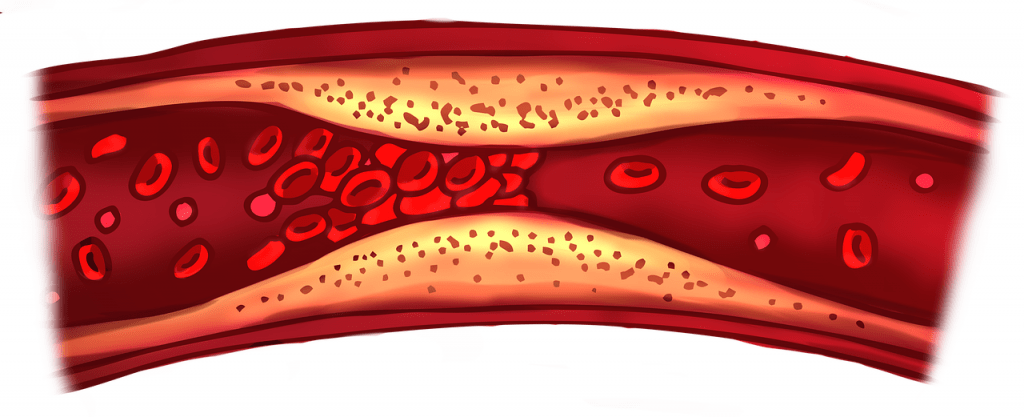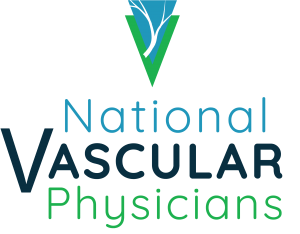
Vein Disease and Why You Should Be Concerned
Do you have vein disease?
Do you ever notice that your legs feel a little bit numb or tingly when you first wake up? Do you also notice that it happens more often as time passes? If so, then it’s possible that you have vein problems. Vein problems are common, especially in people who are genetically predisposed. However, it’s important to know whether you have vein disease so that you can take action to improve your quality of life. Keep reading to learn more about the symptoms of vein disease and what you can do to prevent it.
What is vein disease?
Vein disease is the medical term for a number of conditions that affect the veins in your body. The most common vein diseases are varicose vein disease and venous insufficiency. Over time, vein disease can lead to ulcers, swelling, itching, cramping and discoloration. It’s important to know the symptoms of vein disease so that you can take action.
When does vein disease occur?
Vein disease occurs when your blood vessels become damaged. It’s likely that vein disease will develop if your blood vessels have become damaged over time, and you have not taken any action to prevent it. Damage to your blood vessels can occur for a number of reasons, including, but not limited to, being overweight, doing hours of sitting and/or excess alcohol consumption. As stated earlier, damage to your blood vessels can also be the result of a genetic predisposition.
Signs and Symptoms of Vein Disease
- A red, swollen, warm, or painful area on your legs (calf, thigh, or shin)
- A white, dry area on your legs (a scaly skin condition)
- A blue, swollen, painful area on your legs
- A feeling of heaviness in your legs (caused by fluid pooling in your veins)
If you’re experiencing any of these symptoms, it’s important to contact us immediately.
Easy way to prevent vein disease
Getting fit and healthy is the best way to prevent vein disease. Working out with weights, running, and other activities that build muscle will help you prevent varicose and spongy veins. Additionally, a healthy diet that is low in fat and sugar and high in fiber will help prevent varicose and spongy veins.
Another great way to take care of any vein disease issues is to set an appointment with our doctors before symptoms arise or worsen.





